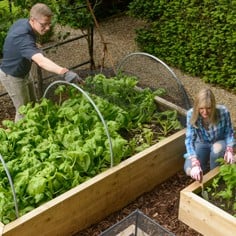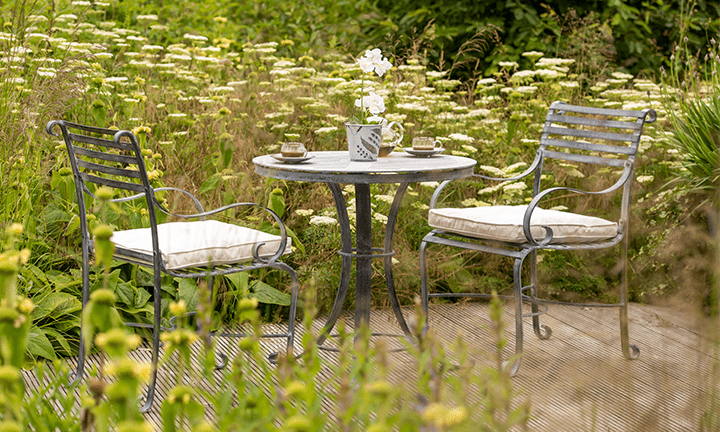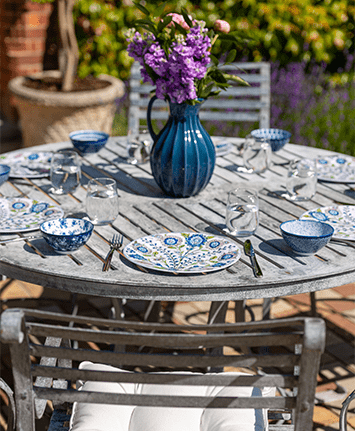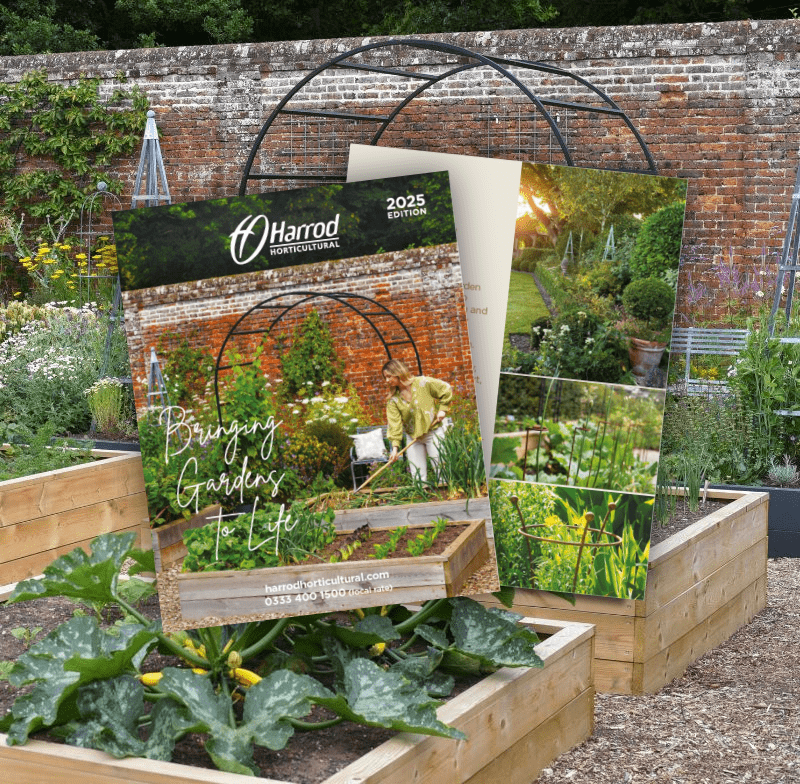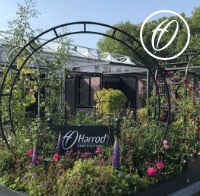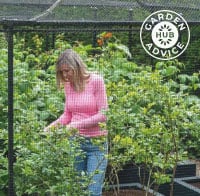Disaster in the Vegetable Garden
I must have chosen the worst year on record to start a veg garden, after over 50 years of organic no water flower gardening.
Everything i have grown has fialed miserably. Radish,1 root from 3 rows. Rocket, all gone to seed. Mini cabbages . flea beetles, and caterpillars Mini carrots, very small. Dwarf French beans, stringy and chewy, even when straight off the plant. Salad leaves, nearly ok. Do I try again next year, or give up??!! I grow on very sandy soil, with own compost and leaf mold, and organic pelleted manure.
Jane
As promised, I have some information for you regarding the crops you attempted to grow this year. Unfortunately, vegetables are extremely fussy and without the right soil conditions, water and temperature, they will refuse to grow! I would advise in the first instance to apply generous amounts of farmyard manure and peat free compost to your beds to create a better soil structure; this will help provide the nutrients the plants need and will enable nutrients added to the soil, and water through irrigation and rainfall to be retained. This should create a suitable medium to begin growing in.
You may also need to look at the location of your beds in respect of the sunlight they receive at different times of the year and if you are growing in a frost pocket. Although moving the site of the beds is rarely an option, you can place the plants which require the most warmth and light in the sunniest location, use fleece or polythene to pre-warm the soil and continue to use these materials through early and late season to keep the plants frost-free. You may also wish to check the specific requirements of the plants you wish to grow, and the best time to plant out.
At our own Harrod Horticultural Kitchen Garden, I raise the vast majority of our seedlings in plug trays under glass as this gives them the best possible start in life, as believe me, there are plenty of pests and diseases outside just queuing up to attack germinating seeds. The seedlings are then transplanted into the beds when they have reached the desired height and strength.
Protecting the plants when they are growing is another consideration as birds, butterflies and slugs (this list is by no means definitive!) will all try to eat your plants before you, so covering beds with cages and netting is essential.
Water is another essential element required for plant growth so some kind of irrigation system – especially after the summer we have experienced – will prove a major benefit.
And then we come to pests and diseases! There are all manner of creatures and pathogens intent on decimating your plants and many are specific to certain plant families, so it is certainly advisable to prepare for some kind of attack and have a prevention plan in place.
To surmise, my advice would be to thoroughly read up on the plants you wish to grow and their requirements, and implement the improvements to your soil - you can then provide the extra protection they may require.
Hopefully this information will be of help; please do not give up trying to grow vegetables as it is ultimately very rewarding, and please feel free to contact us with any further questions or queries you may have.
Martin






